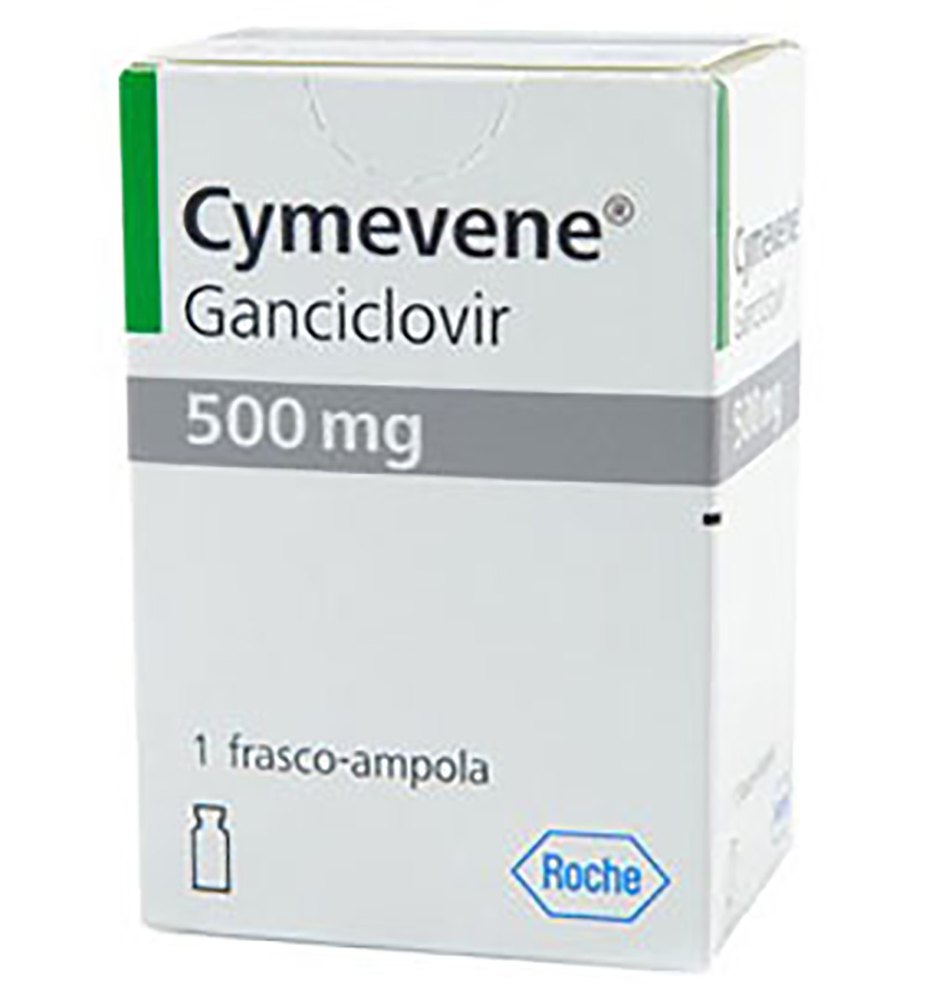Cytomegalovirus (CMV): Symptoms, Causes & Treatment
What are the symptoms of cytomegalovirus?
Cytomegalovirus (CMV) is a common virus that can infect people of all ages. Most people infected with CMV have no symptoms and may not even realize they are infected. However, CMV can cause symptoms, especially in people with weakened immune systems or in newborns infected before birth.
Symptoms of CMV infection can vary depending on the age and immune status of the person, but may include:
- Fever: A low-grade fever is a common symptom of CMV infection.
- Fatigue: Many people with CMV infection experience fatigue or malaise.
- Sore throat: Some people with CMV infection may have a sore throat.
- Swollen glands: CMV can cause swelling of the lymph nodes, especially in the neck, armpits, or groin.
- Muscle aches: Some people with CMV infection may experience muscle aches or joint pain.
- Headache: Headaches are a common symptom of CMV infection.
- Loss of appetite: Some people with CMV infection may experience a loss of appetite.
- Symptoms in newborns: Newborns infected with CMV before birth (congenital CMV infection) may have symptoms such as jaundice (yellowing of the skin and eyes), an enlarged spleen or liver, petechiae (tiny red spots under the skin), hearing loss, vision problems, or developmental delays.
It’s important to note that most people with CMV infection do not experience any symptoms, and the virus usually causes mild, self-limiting illness. However, CMV can cause serious complications in people with weakened immune systems, such as those with HIV/AIDS, organ transplant recipients, or individuals receiving chemotherapy. Pregnant women who are infected with CMV for the first time during pregnancy can pass the virus to their unborn baby, which can lead to serious complications in the baby.
What are the causes of cytomegalovirus?
Cytomegalovirus (CMV) is caused by infection with the cytomegalovirus, which is a type of herpesvirus. The virus is highly prevalent worldwide, with up to 60-90% of adults in developed countries and 80-100% of adults in developing countries estimated to be infected with CMV by the age of 40.
CMV is primarily transmitted through close contact with body fluids such as saliva, urine, blood, and breast milk from an infected person. The virus can be spread through:
- Direct contact: CMV can be spread through direct contact with an infected person’s body fluids, such as kissing, sexual contact, or sharing utensils or toothbrushes.
- Vertical transmission: Pregnant women who are infected with CMV can pass the virus to their unborn baby during pregnancy. This is known as congenital CMV infection and can lead to serious complications in the baby.
- Blood transfusions and organ transplants: CMV can be transmitted through blood transfusions or organ transplants from an infected donor.
- Breast milk: CMV can be transmitted to infants through breast milk from an infected mother.
- Childcare settings: CMV can be spread in childcare settings where young children may have close contact and share toys or other items that may be contaminated with the virus.
Most people who are infected with CMV do not experience any symptoms, and the virus remains dormant in their body for life. However, CMV can reactivate and cause symptoms in people with weakened immune systems, such as those with HIV/AIDS, organ transplant recipients, or individuals receiving chemotherapy. Pregnant women who are infected with CMV for the first time during pregnancy can pass the virus to their unborn baby, which can lead to serious complications in the baby.
What is the treatment for cytomegalovirus?
Treatment for cytomegalovirus (CMV) infection depends on the severity of the infection and the individual’s immune status. In healthy individuals, CMV infection usually does not require specific treatment, as the immune system is able to control the virus. However, in certain populations, such as those with weakened immune systems or newborns with congenital CMV infection, treatment may be necessary. Treatment options for CMV infection may include:
- Antiviral medications: Antiviral medications such as ganciclovir, valganciclovir, foscarnet, and cidofovir may be used to treat CMV infection in individuals with weakened immune systems or severe symptoms. These medications work by inhibiting the replication of the virus.
- Intravenous immunoglobulin (IVIG): IVIG may be used to treat congenital CMV infection in newborns, especially those with severe symptoms or complications. IVIG contains antibodies that can help fight the virus.
- Antiretroviral therapy (ART): In individuals with HIV/AIDS who are co-infected with CMV, antiretroviral therapy (ART) may be used to control HIV replication and improve immune function, which can help reduce the risk of CMV-related complications.
- Supportive care: Supportive care, such as hydration, pain management, and treatment of complications, may be provided to individuals with CMV infection to help manage symptoms and improve outcomes.
It’s important for individuals with CMV infection to work closely with a healthcare provider to develop a treatment plan that is tailored to their specific needs. Early diagnosis and treatment of CMV infection are important, especially in individuals with weakened immune systems or newborns, to reduce the risk of complications and improve outcomes.




